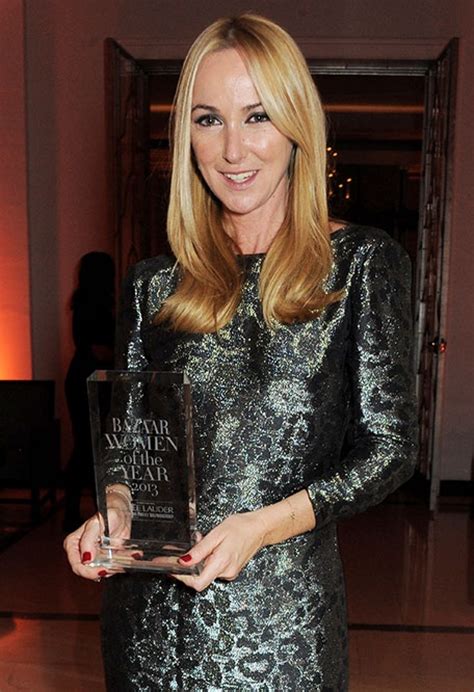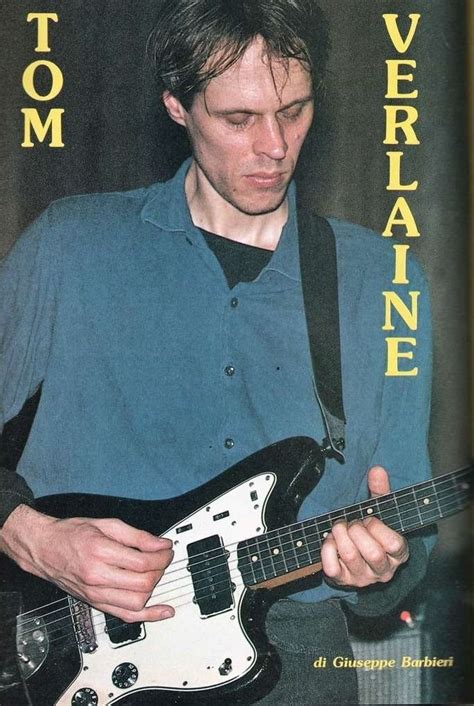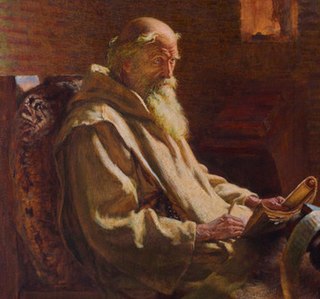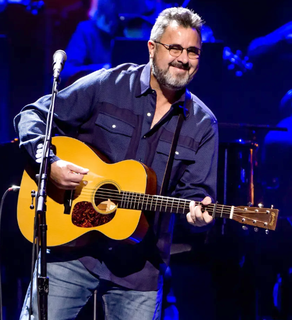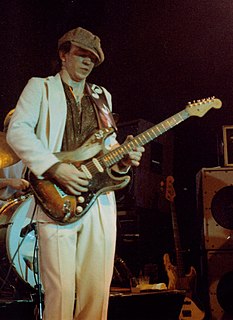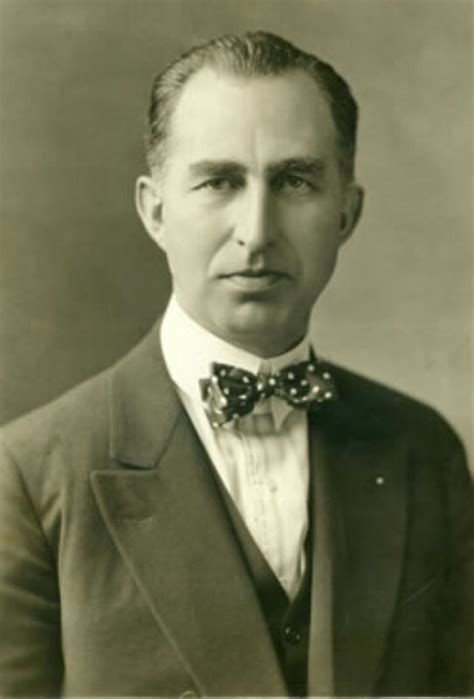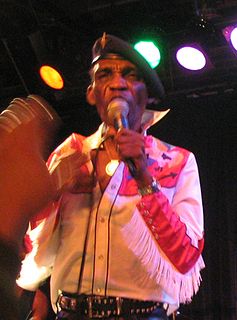A Quote by Joseph Bruchac
Very good records exist about the Trail of Tears. Journals and other records kept by Cherokees and non-Indians tell such things as which people were where on which day.
Related Quotes
We hear a lot about theological justifications for the conflicts, but very little about the scientific evidence, which in no way supports them. The time period in which Moses was leading his people out of Egypt, into the Promised Land, the Promised Land was Egypt. We know that. Archaeological records are very clear. The Egyptians were avid bureaucrats even in those days and kept very scrupulous records. I think it's important for us to realize this conflict is built on a legend. It has no scientific support.
I inherited this collection of vinyl records, which at that time numbered 6,000, and I've since continued to collect music. As you know, vinyl records can be very heavy, so every time I have to move into a new house, I need to build a complete new wall of shelves to put all these records, which is a nightmare for the architect.
I kept listening, kept going to see people, kept sitting in with people, kept listening to records. If I wanted to learn somebody's stuff, like with Clapton, when I wanted to learn how he was getting some of his sounds - which were real neat - I learned how to make the sounds with my mouth and then copied that with my guitar.
Though tax records are generally looked upon as a nuisance, the day may come when historians will realize that tax records tell the real story behind civilized life. How people were taxed, who was taxed, and what was taxed tell more about a society than anything else. Tax habits could be to civilization what sex habits are to personality. They are basic clues to the way a society behaves.
I know most of my records are real good but I know that there are definitely things I would've changed at the end of the day. I work on things forever, and there are things I wish I didn't do, but ultimately I know the records are good. I kind of let go of big expectations, maybe because hopefully that means if I don't have them, that it'll do really well, but you just never know.


